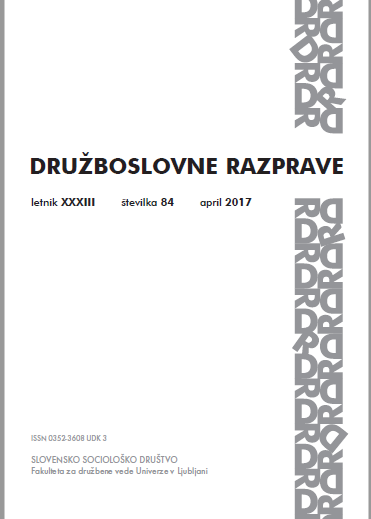RE-READING CINEMA OF PERESTROIKA: BEYOND SOCIO-HISTORICAL TRAUMA WITH OLGA ZHUKOVA AND ISKRA BABICH
RE-READING CINEMA OF PERESTROIKA: BEYOND SOCIO-HISTORICAL TRAUMA WITH OLGA ZHUKOVA AND ISKRA BABICH
Author(s): Natalija MajsovaSubject(s): Gender Studies, Cultural history, Post-Communist Transformation, Film / Cinema / Cinematography
Published by: Slovensko sociološko društvo (in FDV)
Keywords: perestroika; chernukha; (post-)Soviet cinema; female directors; timespace;
Summary/Abstract: Cinematography of perestroika (and the early post-Soviet period) entails mixed terrain, often described as a socially-critical “black wave” – chernukha; the period saw an unprecedented number of works by female directors, which remain to be addressed by film scholarship. This article examines the cinematic opus of Olga Zhukova (1954-) who produced five feature films in the period 1990–1994. This article discusses her films, which were not well received by critics and accused of being pretentious and artificial, alongside another Soviet director, Iskra Babich (1938–2001). I re-examine the formation of Zhukova’s cinematic speech, focusing on the interplay of the audio-visual and corporeal, to argue that her works create specific timespaces which defy the immediate socio-political references provided by the seemingly formative linear narratives, and bypass the patriarchal dichotomies underpinning the latter.
Journal: Družboslovne razprave
- Issue Year: 33/2017
- Issue No: 084
- Page Range: 49-65
- Page Count: 18
- Language: English

